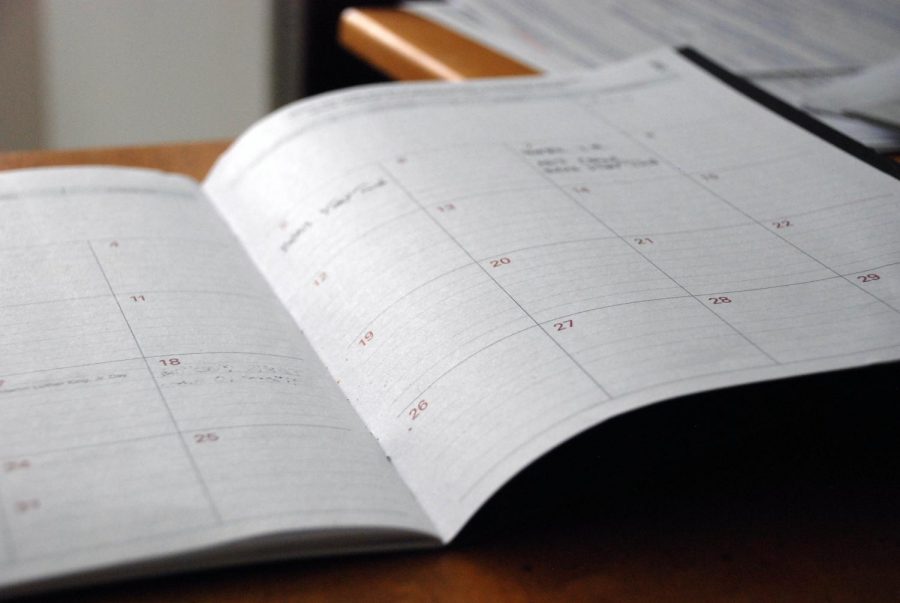Counselor gives mental health tips for stay-at-home order
Counselor Diana Hallila advised students to keep a schedule and stay busy during Maryland’s stay-at-home order.
April 13, 2020
The best way for students to stay mentally healthy as they shelter in place is to maintain a regular schedule and learn new skills, an AACC counselor advised.
Diane Hallila, AACC’s coordinator for personal and career counseling, said students should practice self-care by focusing on cleanliness and getting enough sleep, even though they are taking online classes instead of reporting to campus classrooms during the COVID-19 pandemic.
“Obviously there’s certain classes are going to be held at certain times but it’s still important to wake up at a regular time [and] go to bed at a regular time,” Hallila said. “Showering [and] getting dressed outside of your pajamas is going to really do a lot for the mental health state of mind.”
Hallila also said students should use newfound free time as an opportunity to learn new skills and connect with family and friends.
“Learn something that you wanted to learn that you haven’t been able to learn in the past,” Hallila said. “Be more connected with your family and your friends. Even though, in some cases, you can’t necessarily see them, you can certainly schedule chat groups [and] you can certainly still get together virtually.”
Students downplayed any feelings of stress and anxiety they may be having over the college’s shift from face-to-face to online classes.
First-year environmental science student Ryan Kim said he misses interacting with people, though he doesn’t have much anxiety because of the COVID-19 pandemic.
“Not being able to see [professors and friends] in person is kind of tough but other than that it’s been pretty OK for me,” Kim said. “I’ve been playing online games with my friends.”
Third-year media production student David Stemmle said he hasn’t felt any added stress from coronavirus.
“I wouldn’t say [I’m stressed],” Stemmle said “I think in some ways … being in quarantine helps. I have like an hour commute pretty much every day. … Not having to deal with it and not having to deal with like sharing a car with the family really … takes out a little bit of stress.”
First-year photography student Hind Walker said her mental health hasn’t changed since the stay-at-home order, and she’s relieved she can take classes online.
“I feel fine mentally,” Walker said. “Getting a little bit stir crazy. I’m ready for this to be done [and] for life to resume as normal.”
Hallila said students should work to control their state of mind by choosing to focus on positive things.
“We can control our attitude,” Hallila said. “You can choose to turn off the news and not be inundated with all of the information that’s coming at us. [You can] choose to limit your social media time. … You can choose to be creative [and] you can choose to … use this time to be a better person.”
Students who feel overwhelmed with anxiety or stress can reach out to AACC counselors at counseling@aacc.edu or 410-777-7111, according to Hallila.
Hallila noted students who feel they need immediate assistance should call the county crisis line at 410-768-5522 or send a text to 741741 to reach a crisis chat line. Students who feel they’re a threat to themselves or someone else should call 911 or talk to a loved one, she advised.
“Identify somebody that you feel comfortable opening up to and safe confiding in, and let that person know that you’re not feeling OK,” Hallila said. “I think one of the best things you can do is just let somebody know you’re not OK.”












